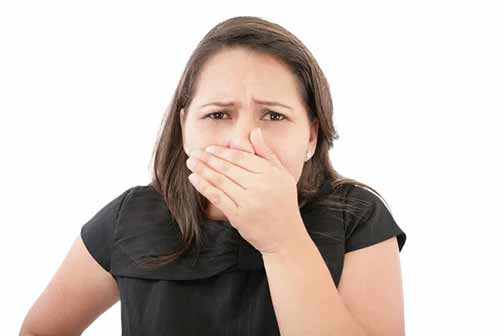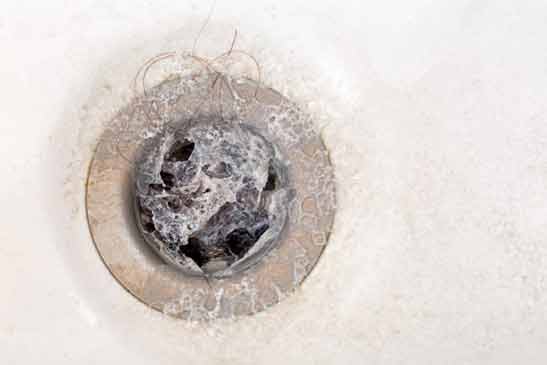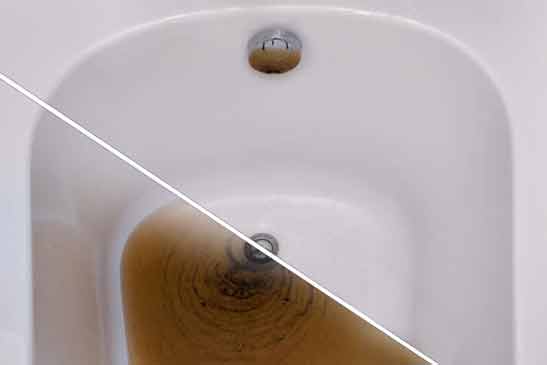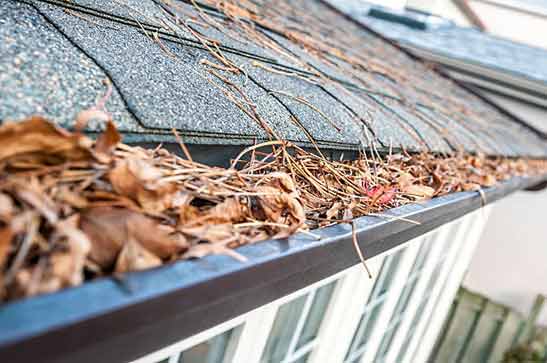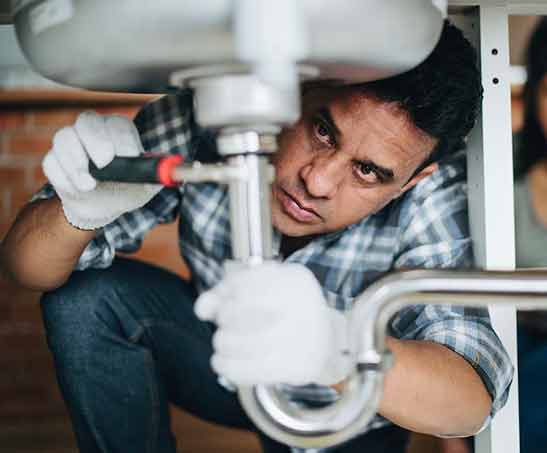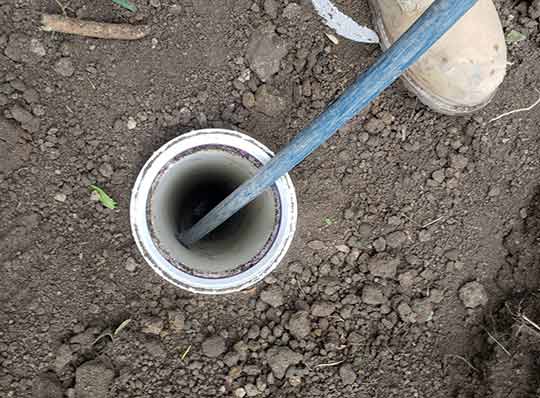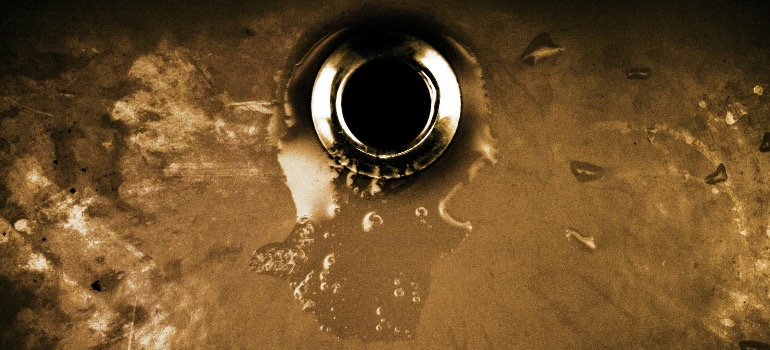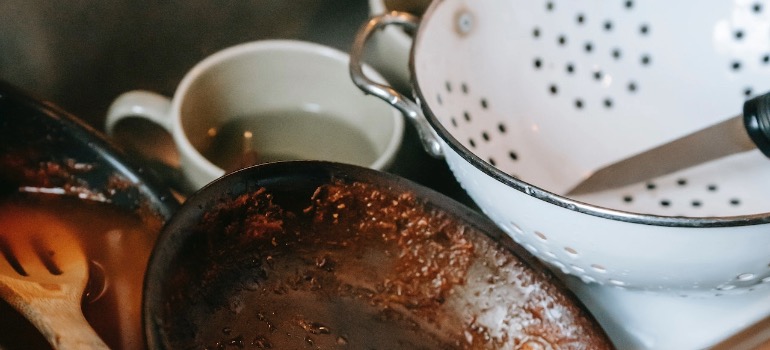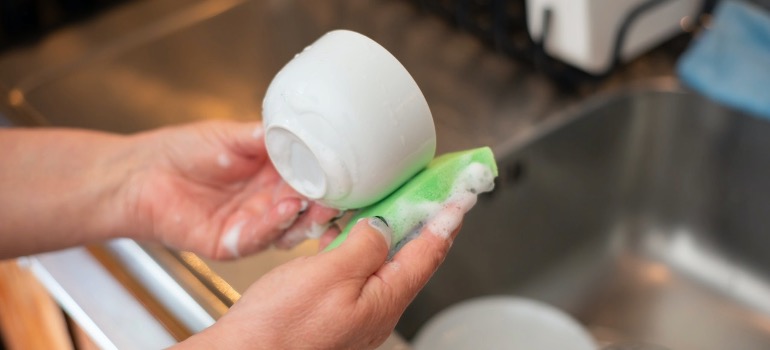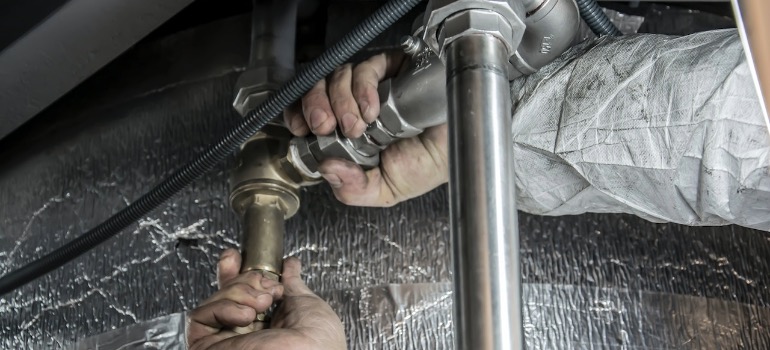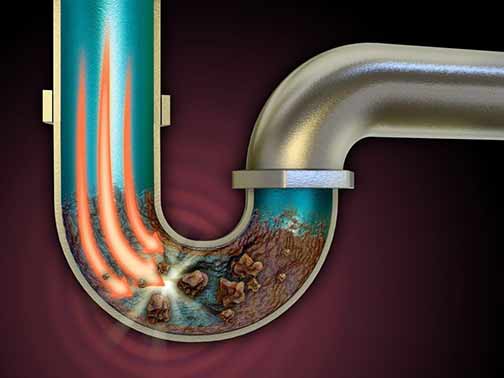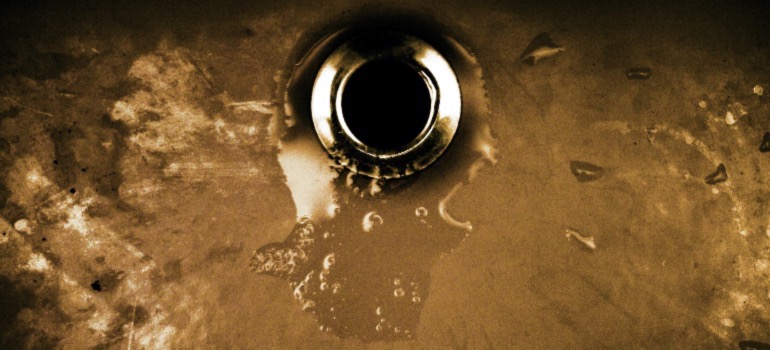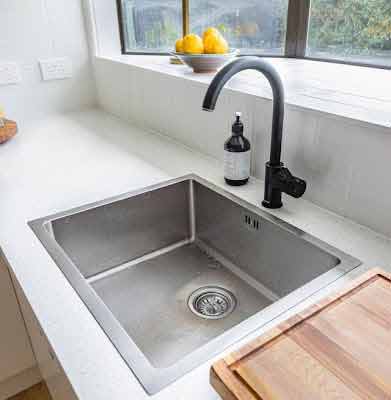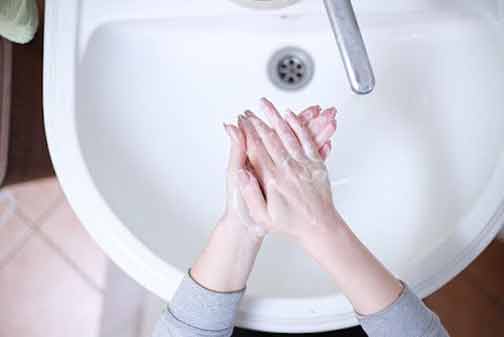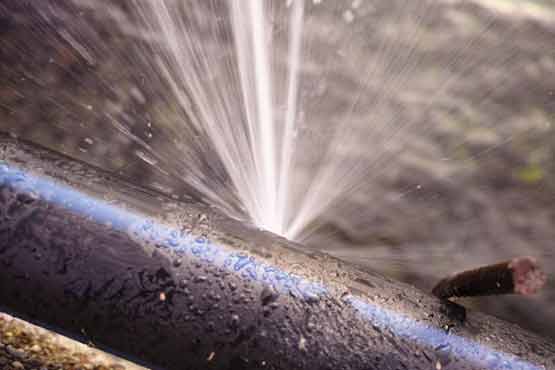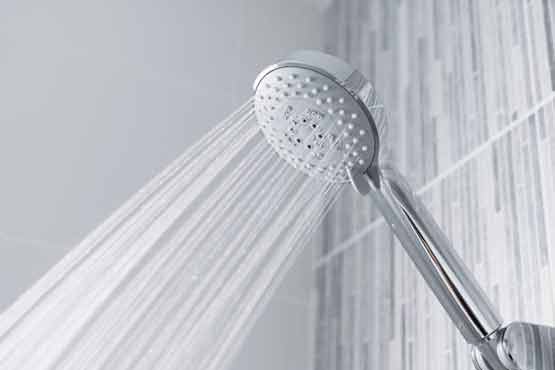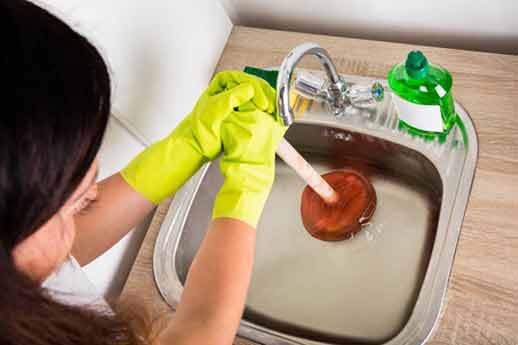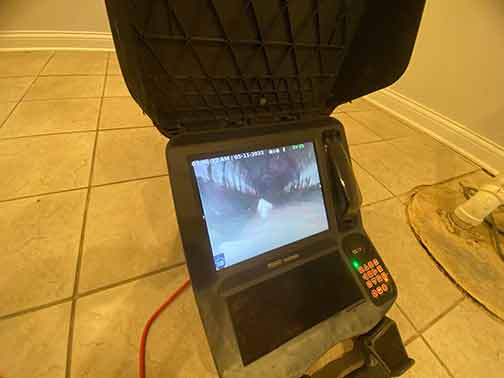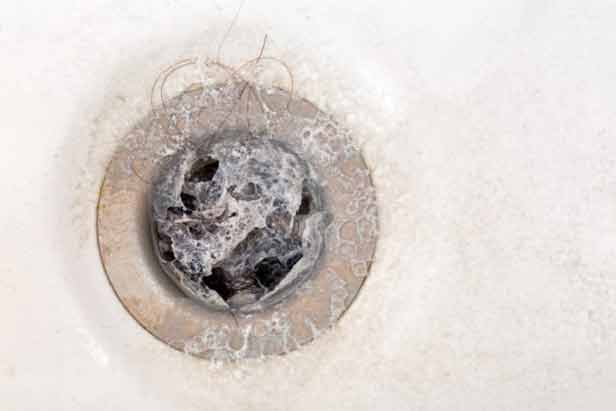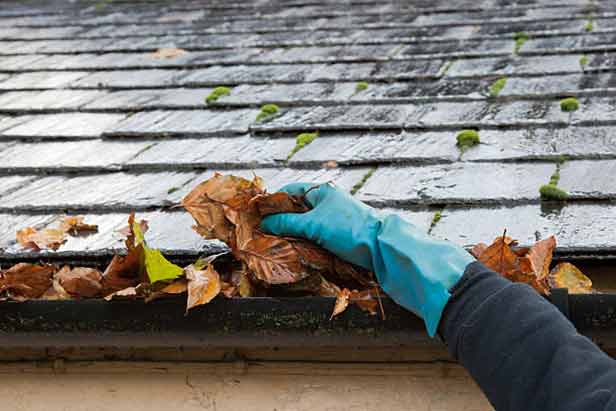When it comes to maintaining a clean and hygienic home, most of us focus on visible surfaces such as countertops, floors, and furniture. However, there is one essential aspect that often goes unnoticed but can have a significant impact on the overall cleanliness of your home: the drains. Clogged drains not only cause inconvenience in terms of slow water drainage but can also lead to unpleasant odors permeating throughout your living space. In this article, we will explore the hidden dangers of clogged drains and how they could be causing these bothersome odors in your home.
The Effect of Clogged Drains on Your Home
Many homeowners underestimate the potential problems that can arise from clogged drains. From the kitchen sink to the bathroom shower, every drain in your home plays a crucial role in keeping things flowing smoothly. When a drain becomes clogged, the consequences can be far-reaching and affect various areas of your home.
- Slow Drainage: One of the most obvious signs of a clogged drain is slow water drainage. Whether it’s the kitchen sink, bathroom sink, or shower, if you notice water taking longer to drain than usual, it could be an indication of a clog. As the clog worsens, the drainage problem will become more apparent, causing inconvenience and frustration.
- Unpleasant Odors: Clogged drains are a breeding ground for bacteria and other microorganisms that thrive in the damp and dark environment. These microbes break down the accumulated organic matter, producing foul-smelling gases that can quickly fill your home. If you notice unpleasant odors emanating from your drains, it is a clear sign that there is a clog that needs to be addressed.
- Water Backups: When a drain is severely clogged, water can begin to back up into your sinks, tubs, and toilets. This backup can be extremely messy and unsanitary, leading to potential water damage and health hazards. It is essential to address clogged drains promptly to prevent water backups and the subsequent damage they can cause.
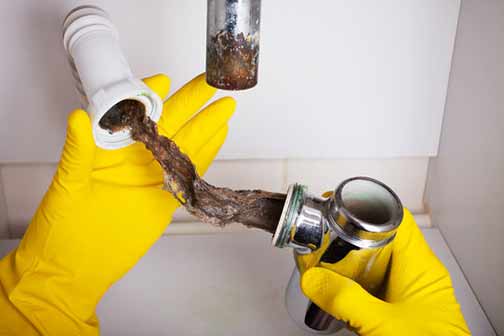
It is essential to address clogged drains promptly to prevent water backups and the subsequent damage they can cause.
The Link Between Clogged Drains and Odors
Now that we understand the potential problems that clogged drains can cause let’s take a closer look at the connection between clogged drains and unpleasant odors in your home. When organic matter such as food particles, soap residue, and hair accumulate in your drains, they become trapped and start to decompose. As the decomposition process occurs, foul-smelling gases like hydrogen sulfide are released.
Hydrogen sulfide is a colorless gas that has a distinct rotten egg smell. If you detect a similar odor in your home, it is likely a result of clogged drains. The longer the clog remains untreated, the worse the odor will become. Ignoring the issue will not make it go away; in fact, it will only exacerbate the problem and make your living space increasingly unpleasant.
In addition to hydrogen sulfide, clogged drains can also produce other harmful gases such as methane. Methane is a highly flammable gas that poses a significant risk to your home’s safety. It is crucial to address clogged drains promptly to prevent the accumulation of these hazardous gases.
Preventing Clogged Drains
The best approach to dealing with clogged drains is prevention. By following a few simple tips, you can minimize the likelihood of experiencing drainage issues and unpleasant odors in your home.
- Use Drain Screens: One of the most effective ways to prevent clogs is by installing drain screens in all your sinks and tubs. These screens catch hair, food particles, and other debris, preventing them from entering the drain and causing obstructions.
- Dispose of Grease Properly: Pouring cooking grease down the drain is a common mistake that many homeowners make. Grease solidifies and can accumulate in your pipes, leading to stubborn clogs. Instead, allow grease to solidify and dispose of it in the trash.
- Avoid Dumping Food Scraps: Food scraps should never be disposed of in the sink. Even small particles can accumulate over time and create blockages. Use a compost bin or garbage disposal for food waste.
- Clean Drains Regularly: Regularly cleaning your drains can help prevent the build-up of residue and debris. You can use a homemade solution of vinegar and baking soda or a drain cleaning product recommended by professionals.
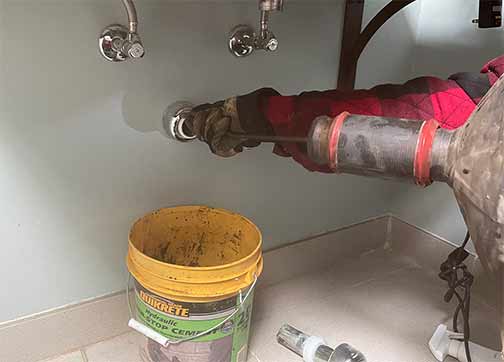
A professional plumber has the expertise and equipment to clear even the most stubborn clogs.
Addressing Clogged Drains
If you already have a clogged drain causing unpleasant odors in your home, it is crucial to address the issue promptly. While there are various do-it-yourself methods available, it is advisable to seek professional help to ensure a thorough and lasting solution.
- Professional Drain Cleaning: A professional plumber has the expertise and equipment to clear even the most stubborn clogs. They will use specialized tools such as sewer rodding machines or hydro jetting to remove the obstruction and restore proper drainage.
- Plumbing Inspection: In some cases, clogged drains may be a symptom of a more significant plumbing issue. A professional plumber can conduct a thorough inspection of your plumbing system to identify any underlying problems that need to be addressed.
- Drain Maintenance: Once the clog has been cleared, it is essential to establish a regular drain maintenance routine to prevent future issues. A plumber can provide guidance on the best practices for keeping your drains clean and free-flowing.
The Importance of Professional Help
While there are numerous do-it-yourself methods available for clearing clogged drains, seeking professional help is often the best course of action. Professional plumbers have the knowledge, experience, and specialized tools to effectively address clogged drains and prevent further complications.
Attempting to tackle the problem yourself may provide temporary relief but could result in the issue resurfacing. Moreover, without proper expertise, you may unintentionally cause damage to your pipes or exacerbate the clog, leading to more significant problems and costly repairs in the future.
By investing in professional help, you can have peace of mind knowing that the clog will be effectively addressed, and measures will be taken to prevent future occurrences.
In Summary
Clogged drains can have hidden dangers that extend beyond inconvenience and slow drainage. The unpleasant odors they cause can permeate throughout your home and negatively impact your living environment. Understanding the link between clogged drains and odors is essential in addressing the issue promptly and seeking professional assistance when needed.
By following preventive measures and establishing regular drain maintenance routines, you can minimize the chances of experiencing clogged drains and the associated unpleasant odors. Remember, professional help is always available to provide thorough and lasting solutions to your clogged drain woes.
Don’t ignore the warning signs of clogged drains! Act quickly and take the necessary steps to ensure a clean, odor-free home for you and your family.
